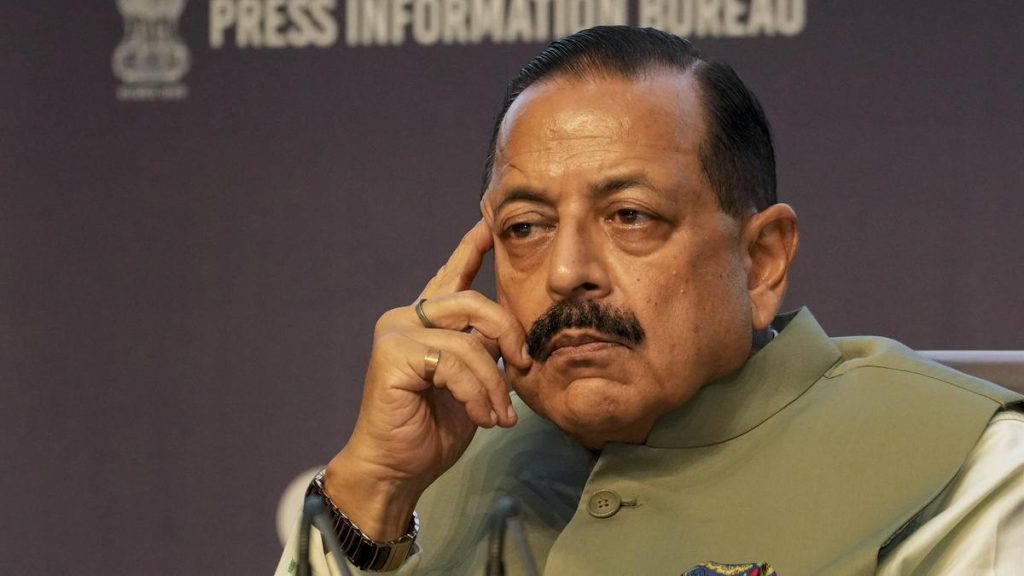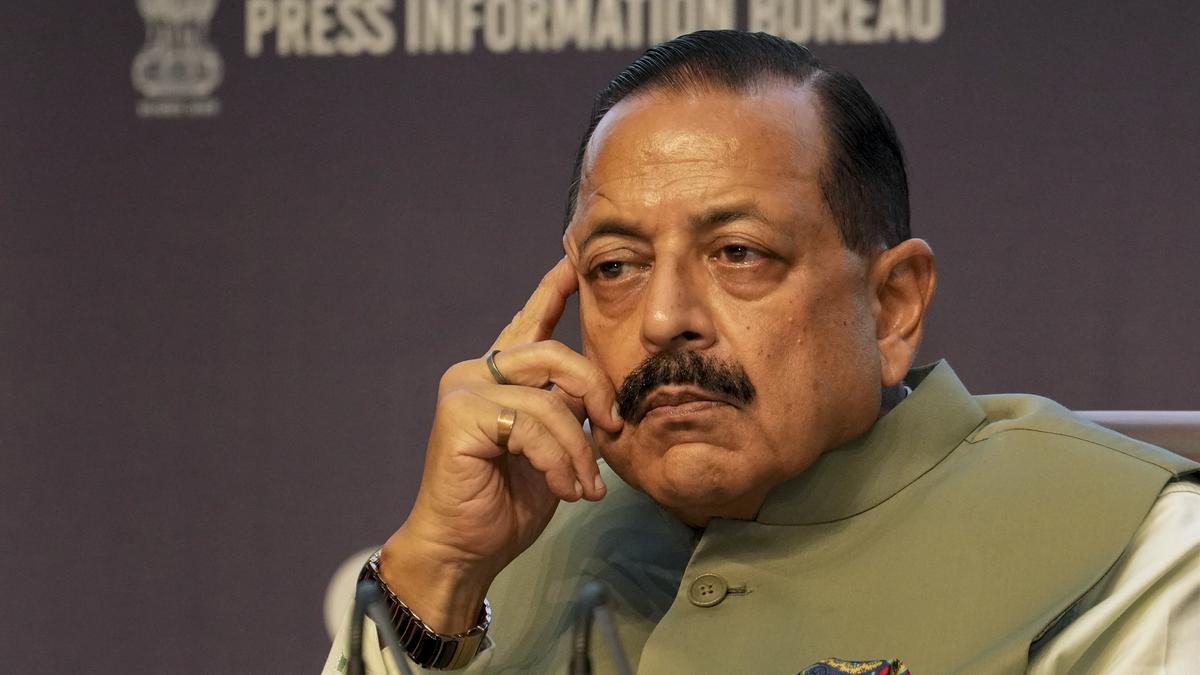Now Reading: U.S. Tariff Impact on Economy Sparks Concerns: Finance Ministry Report
-
01
U.S. Tariff Impact on Economy Sparks Concerns: Finance Ministry Report
U.S. Tariff Impact on Economy Sparks Concerns: Finance Ministry Report
Quick Summary
- U.S. Tariffs on Indian Goods: A steep 50% tariff on Indian exports to the U.S., effective August 27, 2025, affects exports worth over $48 billion, targeting sectors like textiles, gems and jewelry, shrimp, leather products, chemicals, and machinery.
- Secondary Economic Impact: India’s Finance Ministry highlights limited immediate effects but notes potential secondary and tertiary economic challenges from these tariffs.
- Diversified Trade Strategy: India pursues ftas with nations like the UK and EFTA while negotiating trade deals with the U.S., EU, New Zealand, Chile, and Peru to counterbalance export losses.
- S&P Sovereign Rating Upgrade: india’s sovereign rating by S&P improved from ‘BBB-‘ to ‘BBB’, citing strong macroeconomic fundamentals and reforms aiding resilience amidst global uncertainties.
- inflation Outlook: Due to favorable precipitation for crops and stable oil markets globally during Q1 of FY26 (April-June),moderate inflation is projected in the near term.
- Next Generation Reforms:
– Upcoming GST reforms aim at reducing taxes on essential goods to boost household consumption demand.
– Initiatives for startups/MSMEs include lowering compliance costs through regulatory simplification via a Task Force for Next-Gen Reforms.
Indian Opinion Analysis
The steep tariffs imposed by the U.S.underlines growing trade tensions that could substantially disrupt India’s export-heavy sectors such as textiles and jewelry. while immediate impacts may be cushioned by India’s current economic stability-evidenced by S&P’s rating upgrade-long-term repercussions require careful navigation via diversified trade agreements. Ongoing FTA negotiations represent a crucial step towards mitigating dependency risks.
on domestic policy fronts like GST reform simplifications or employment initiatives (PM Viksit Bharat Rozgar Yojana), India is taking actionable measures towards bolstering household purchasing power while fostering entrepreneurial growth amid global headwinds. These steps could enhance resilience against external shocks while supporting internal demand-driven expansion.
India’s reform-focused strategy positions it well for weathering heightened geopolitical challenges; however sustained execution will be pivotal in retaining investor confidence amidst uncertainties around global commodity prices or supply chain shifts induced by higher tariffs.
Read more: The Hindu Article























